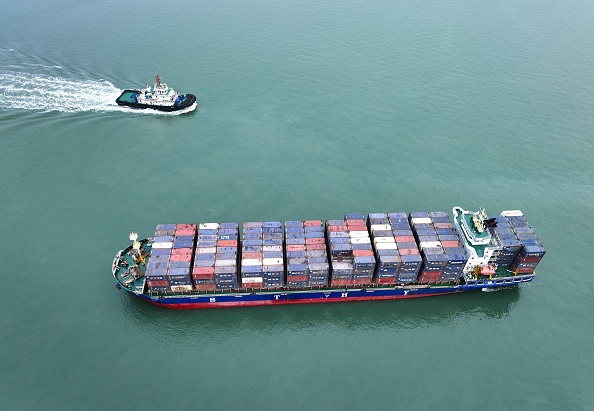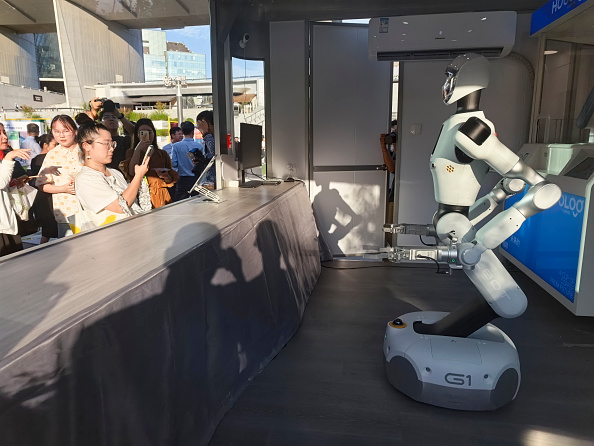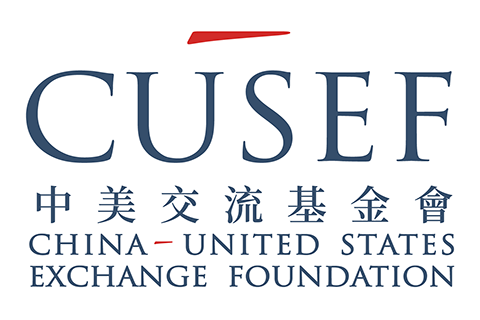
Dear Focus Reader,
Presidents Donald Trump and Vladimir Putin have agreed to meet "in the coming days" in a bid to advance talks on ending the war in Ukraine. The announcement followed U.S. special envoy Steve Witkoff's latest visit to Moscow, where he met Putin for three hours in what both sides described as "productive" discussions. While no agreement was reached, Trump reiterated his Friday deadline for Russia to accept a ceasefire or face expanded U.S. sanctions, including "secondary sanctions" on countries purchasing Russian oil.
Ahead of the meeting, Putin held a series of calls with international leaders, including Chinese President Xi Jinping. According to Chinese state media, Xi "welcomed" continued U.S.-Russia contact and reaffirmed Beijing's position in favor of political negotiations. Putin, in turn, expressed appreciation for China's "constructive role" and stressed that Russia-China strategic ties would "not change under any circumstances." The call also came as Trump signaled possible tariffs on Chinese imports in response to its energy trade with Russia, a move Beijing defended as "legitimate" under its national interests.
Ukrainian President Volodymyr Zelenskyy has publicly supported leader-level talks, noting discussions of both bilateral and trilateral formats, with Europe involved. He urged Russia to take a "brave approach" to negotiations, warning that continued military pressure and economic resilience would be decisive factors. On the ground, however, heavy Russian strikes have continued, and European leaders, while supportive of dialogue, are preparing for the possibility of a protracted or "frozen" conflict rather than a swift resolution.
The Trump-Putin summit will mark their first face-to-face meeting since Trump's return to the White House earlier this year and could shape the trajectory of the war into its fourth year.
Learn more in international relations by catching up on our latest Focus content, including topics on global supply chains, AI governance, and more.
The nationwide membership of Japan's newer populist Reiwa Shinsengumi party, whose rise, fueled partly by discontent linked to Donald Trump's "America First" policies, could push Japan toward a more hawkish China stance.
Learn more in "House Election in Japan: What It Means," by Zhang Yun, Professor, School of International Relations, Nanjing University.
In our Focus Insights section, we shared an article by Alicia Grace Herrero, examining the global ramifications of Washington's expanded tariffs.
We want to hear from you!
Given the article's point that India risks being left behind due to high tariffs, how might India navigate or adapt to maintain its place in global manufacturing and trade?
Submit your thoughts to USeditor@chinausfocus.com for a chance to be featured in next week's Focus This Week.
useditor@chinausfocus.com for more info.
Prepared by China-US Focus editorial teams in Hong Kong and New York, this weekly newsletter offers you snap shots of latest trends and developments emerging from China and the U.S. every week. It is a community space to exchange thoughts and ideas about the China-U.S. relationship and beyond.
- 2025-08-01 Focus This Week: New Negotiations
- 2025-07-25 Focus This Week: 50 Years of EU-China Diplomatic Ties
- 2025-07-18 Focus This Week: Deeper Ties
- 2025-07-11 Focus This Week: Cautious Contact
- 2025-06-27 Focus This Week: Restored Access
- 2025-06-20 Focus This Week: Escalation and Restraint
- 2025-06-13 Focus This Week: A Trade Reset?
- 2025-06-06 Focus This Week: A Long-Awaited Call
- 2025-05-30 Focus This Week: Visas in the Crosshairs
- 2025-05-23 Focus This Week: Academic Exchange Strained
- 2025-05-16 Focus This week: Rolling Back, Moving Forward?
- 2025-05-09 Focus This Week: "Friends of Steel"
- 2025-05-02 Focus This Week: An Open Door?
- 2025-04-25 Focus This Week: Open for Business
- 2025-04-18 A "Numbers Game"
- 2025-04-11 Focus This Week: Beijing Strikes Back
- 2025-04-04 Focus This Week: Tariff Turmoil
- 2025-03-28 Focus This Week: Navigating Uncertainty
- 2025-03-21 Focus This Week: Driving Diplomacy
- 2025-03-14 Focus This Week: Two Sessions Wrapped




